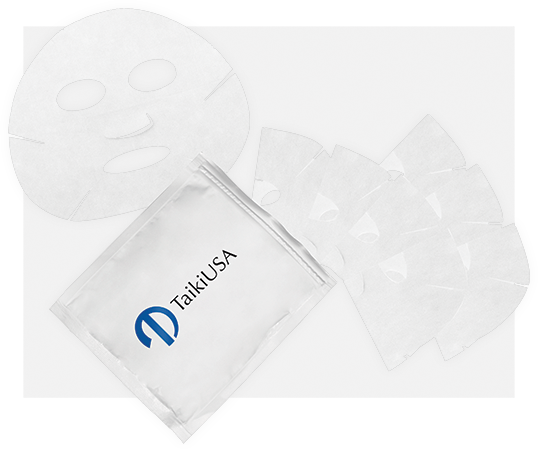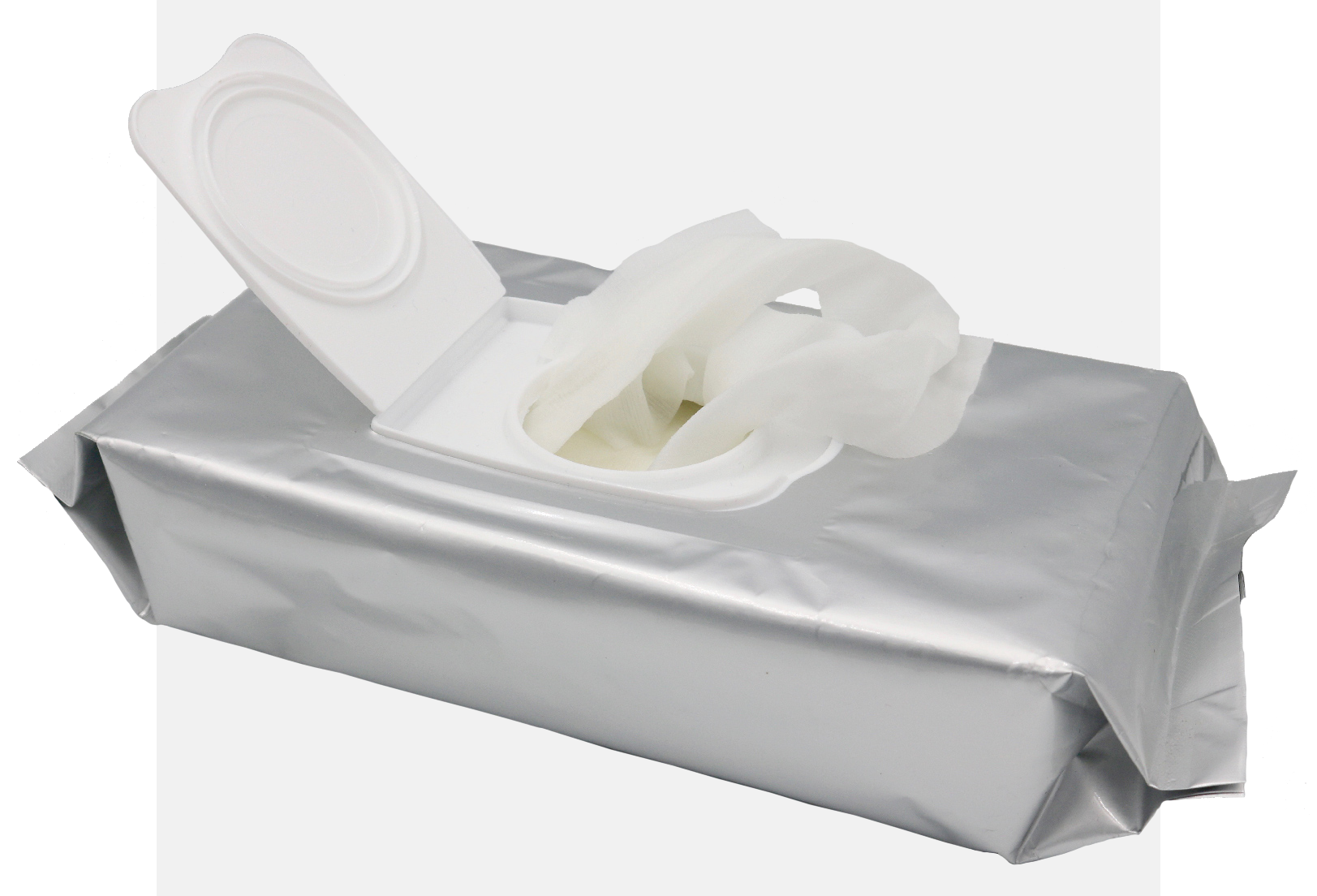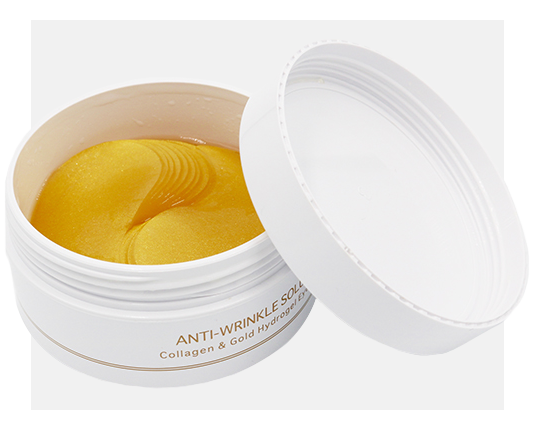
No company wants its customers to accuse them of “slowly killing the planet.”
Unfortunately, that’s exactly what’s starting to happen with recent articles pointing fingers at single-packaged sheet masks. Your consumers are reading about aluminum or plastic sachets that often can’t be recycled. As we’ve seen with items like plastic straws, K-cups and similar products, millennials, Gen-Zers and younger shoppers are moving away from single-use products in favor of eco-friendlier options. In some cases, states and municipalities have even passed regulations banning products deemed to be harmful to the environment (like plastic straws or bags).
Companies that don’t take action now to produce a more sustainable alternative risk not only alienating customers, but also contributing to a growing environmental crisis. Those that act fast also have the chance to use eco-conscious sheet masks as a significant differentiator before more and more companies eventually make green changes.
How to Reduce the Ecological Footprint of Sheet Masks
Sheet masks are designed to be a single-use item. The user applies a mask to their face or body, leaves it on for the designated amount of time for the formula to be effective, then removes the mask and throws it away along with the sachet in which it was packaged.
Taiki is consistently looking for improvements across sustainable materials, biodegradable mask materials and recyclable sachets. We are focusing our efforts on providing environmentally friendly solutions by creating masks out of biocellulose or the new disintegrating Hydra Burst material, and by offering bulk masks that use less packaging.
When it comes to reducing the environmental impact of sheet masks, the most substantial opportunity for improvement comes from making changes to the packaging. According to the National Resources Defense Council, anything that reduces the amount of packaging or makes packaging more recyclable is going to help reduce the ecological footprint.
Multi-Mask Solutions Deliver Environmentally Friendly Packaging
Multi-mask solutions allow consumers to purchase masks or patches in bulk. They use less packaging than the traditional model of one mask in one sachet and offer recyclable packaging options that customers will love as much as they love their beloved skin care routines. Here are some examples.

For customers that want the familiarity and portability of a sachet, but don’t want to be responsible for generating as much waste, multi-mask packs contain seven facial sheet masks in one resealable cello bag. It’s just as easy for someone to take this on-the-go, but with significantly less packaging waste.

Multi-mask dispensers generate even less waste with 28 non-woven masks packed into one dispenser package. Masks can be accessed via Taiki’s patented D-Cap, which seals to keep masks moist and fresh between uses. This delivery system is ideal for customers that use masks regularly and want to buy in bulk for convenience or to reduce waste during their beauty routine.

Smaller products like patches can also leverage more environmentally friendly options. Taiki offers 30 pairs of hydrogel under-eye pads packaged in one recyclable jar and lid. This lightens a product’s environmental footprint in two ways, the first by using less packaging and the second by using packaging that can be recycled after use.
In all three examples, the product performance is not affected by the change in packaging, so customers still have the best application experience.
Eco-conscious customers do their homework. They want to buy and use products that they feel good about, and they will want to support an organization that is taking steps towards more sustainable solutions. Now is the time to offer environmentally friendly products, not after customers find another company that does. Learn more about multi-mask solutions.